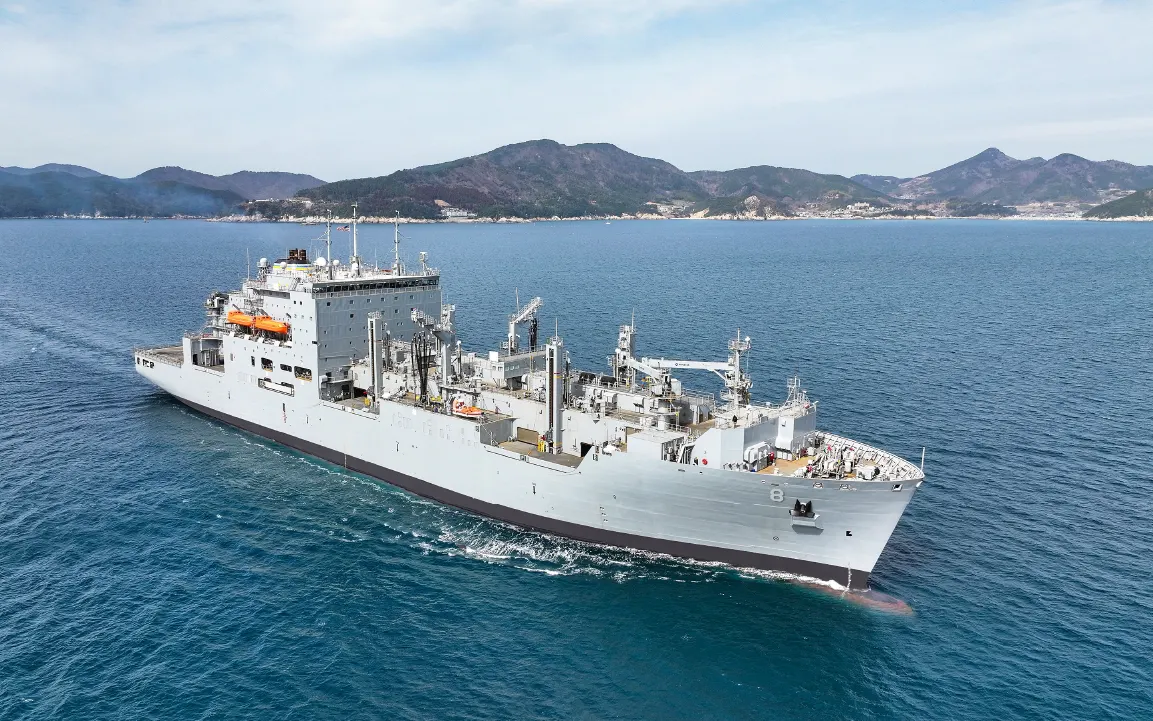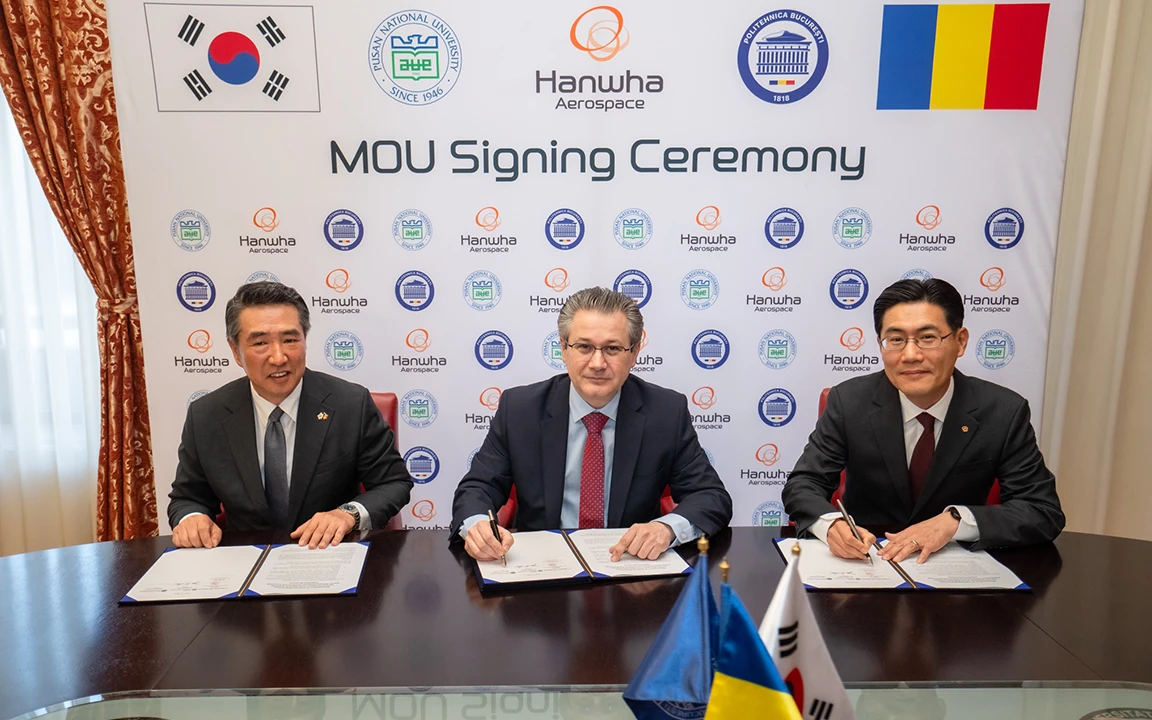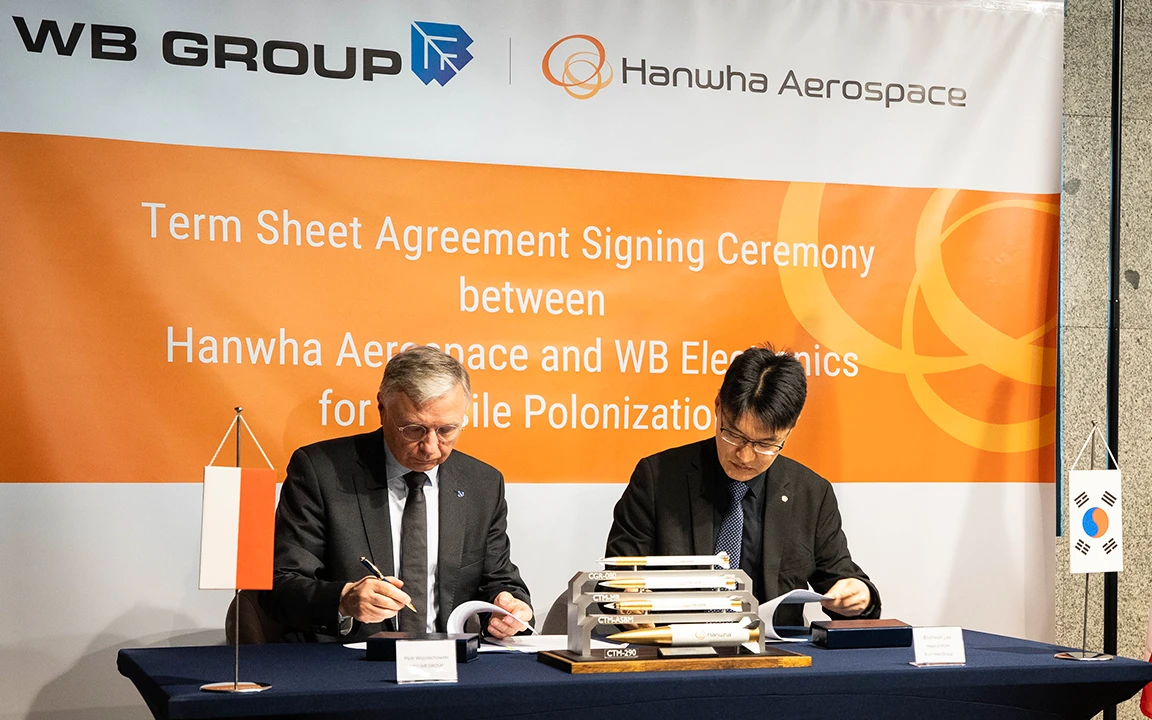Envisioning the future: Shifting defense priorities with Hanwha Global Defense CEO Michael Coulter

The modern global defense landscape has undergone a massive shift in recent years. Due to increasingly uncertain geopolitical situations and challenges in securing globalized supply chains, stakeholders are rethinking their approaches to the industry. The result of these combined factors is a shift in defense priorities and strategies, leading to countries all over the world increasing their defense spending. According to the Janes 2025 Defence Budgets Annual Report, world defense spending reached $2.48 trillion in 2024 and is expected to rise to $2.56 trillion in 2025, an increase of 3.6% year over year.
This increased investment is focused on two key areas: technological capabilities and defense production flexibility. These priorities are particularly stark in Europe, where traditional procurement and production cycles have been unable to keep up with the demands of the constantly evolving global defense landscape. To address this, countries are looking to novel production techniques and technologies. In 2025, the defense industry is expected to experience continued and possibly accelerated growth in hard technology.
In an interview for Envisioning the future, CEO & President of Hanwha Aerospace and Hanwha Global Defense Michael Coulter explains these specific trends in the defense industry. About the defense approach that nations are now taking, he states, “In previous years, people looked for where the best technology was and bought it. That’s simply not good enough anymore. Countries want to both have technology and the ability to secure their own populations in spite of political changes and supply changes.”
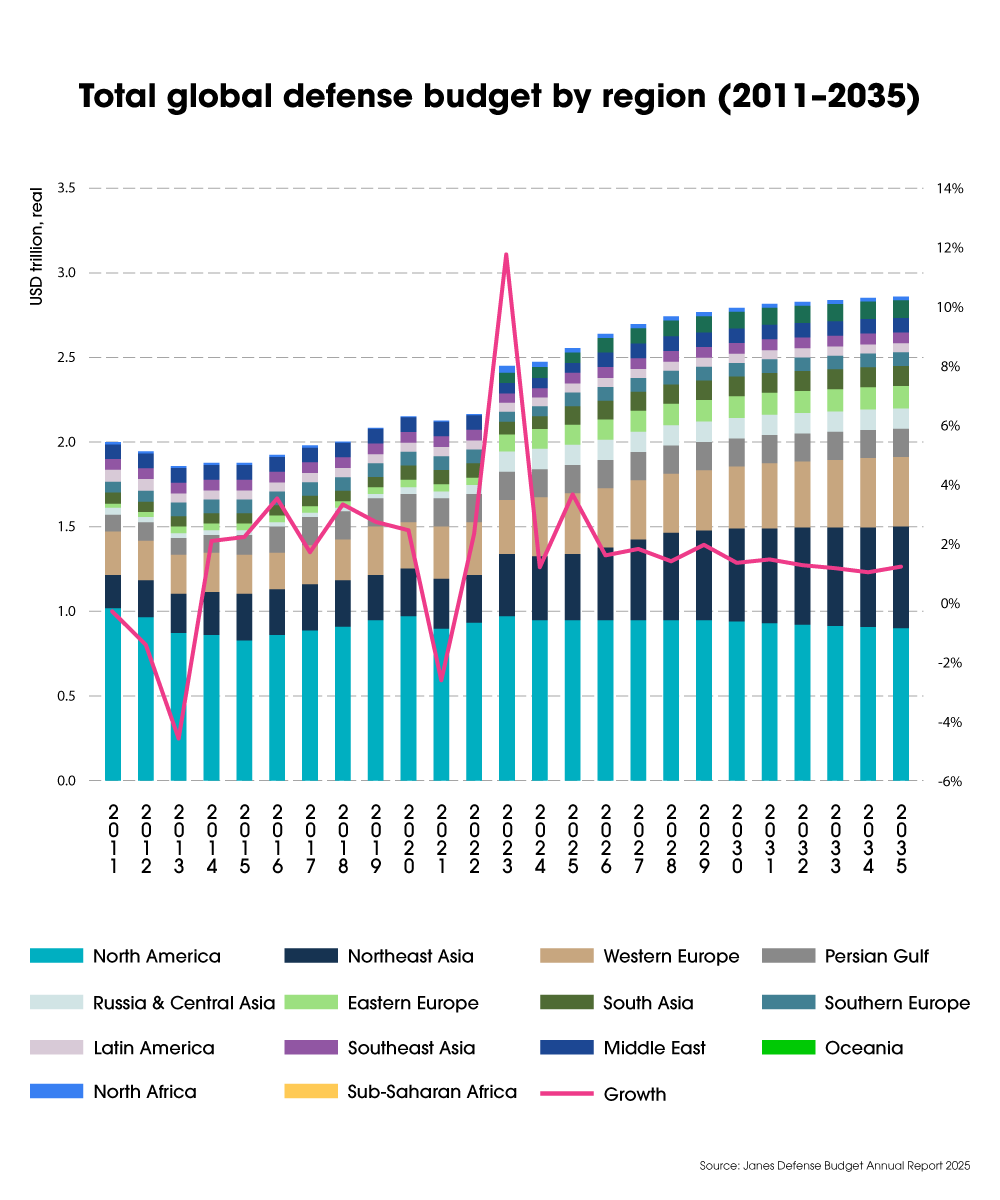
Responses to geopolitical shifts
To acquire the best technology to boost national security while ensuring security and resilience, nations are increasing investment. Many are prioritizing advanced capabilities, strengthening local production, and expanding partnerships to enhance defense readiness in an uncertain geopolitical climate.
Furthermore, governments are deepening ties with private defense businesses. This approach allows for greater production flexibility and higher industrial capacity, especially through localization efforts and by securing resilient supply chains for critical components. As a result, nations can become self-sufficient defense producers in the wake of less reliable supply chains.
Coulter sees this pivot as an opportunity to increase cooperation with partners. “Much of security cooperation can be addressed by governments and I think we as global citizens should support that to increase stability. But governments alone can't solve many of these problems,” he says. “At the core of what combines us as humans is business and interaction. And to me, the industrial capacity, mobilizing the commercial side to make us stronger as a world in a global community — I believe Hanwha plays a critical role in that.”
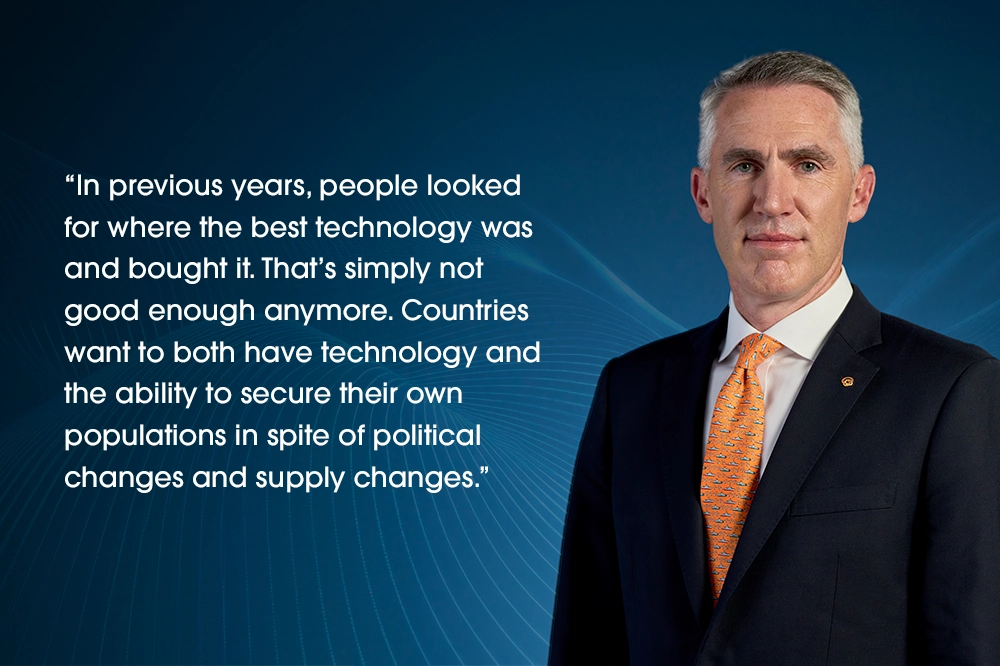
Multi-domestic operations for greater adaptability
In a shifting global landscape where defense systems must increasingly be developed within national borders, Hanwha provides future-ready solutions tailored for domestic production. The company works with nations that already have a strong industrial base, such as the United States, to complement existing infrastructure with advanced technologies and proven practices. In acquiring Philly Shipyard, Hanwha is laying the foundation for long-term enhancements to U.S. shipbuilding capacity — a strategic step toward strengthening domestic production capabilities and supporting the future needs of the U.S. defense sector. As Coulter notes, the acquisition positions the company to deliver advanced technology as a trusted sovereign capability partner in the United States.
Hanwha is also working to assist European partners to quickly scale up and meet modern demands. In many countries, existing procurement frameworks and manufacturing systems are being re-evaluated in light of shifting security priorities and the need for greater adaptability. To support these efforts, Hanwha is helping to establish flexible, resilient production capabilities tailored to local requirements. In Poland, for example, Hanwha Aerospace is setting itself up as a domestic European defense player by co-producing its K9 self-propelled howitzer (SPH) with Poland while establishing a joint venture with WB Group to manufacture guided missiles for the Homar-K multiple launch rocket system (MLRS).
Regarding the steps Hanwha is taking in Europe and elsewhere, Coulter envisions the company as operating within multiple nations not as a trade partner, but domestically. “I’d like to see us being a leading global aerospace and defense player,” he states. “But to me what that means, it’s not just a larger, stronger, more capable company, but it means growing to be a multi-domestic company.”
As a multi-domestic company, Hanwha is investing in countries it partners with by supporting local industries and production. In Romania, it is producing its K9 self-propelled howitzers (SPH) and providing programs that include the manufacturing of K10 ammunition resupply vehicles, technology transfer, and the establishment of facilities for local maintenance, repair, and overhaul (MRO). In Geelong, Australia, the Hanwha Armoured Vehicle Centre of Excellence (H-ACE) has opened up the domestic production of AS9 self-propelled howitzers, AS10 armored ammunition resupply vehicles (ARV), and Redback infantry fighting vehicles.
As the global defense landscape continues to evolve, Hanwha is deepening its local partnerships to deliver integrated, future-ready systems tailored to national priorities. By supporting domestic production, technology transfer, and long-term industrial cooperation, Hanwha is establishing itself as a trusted partner in building defense capabilities that enhance national security.
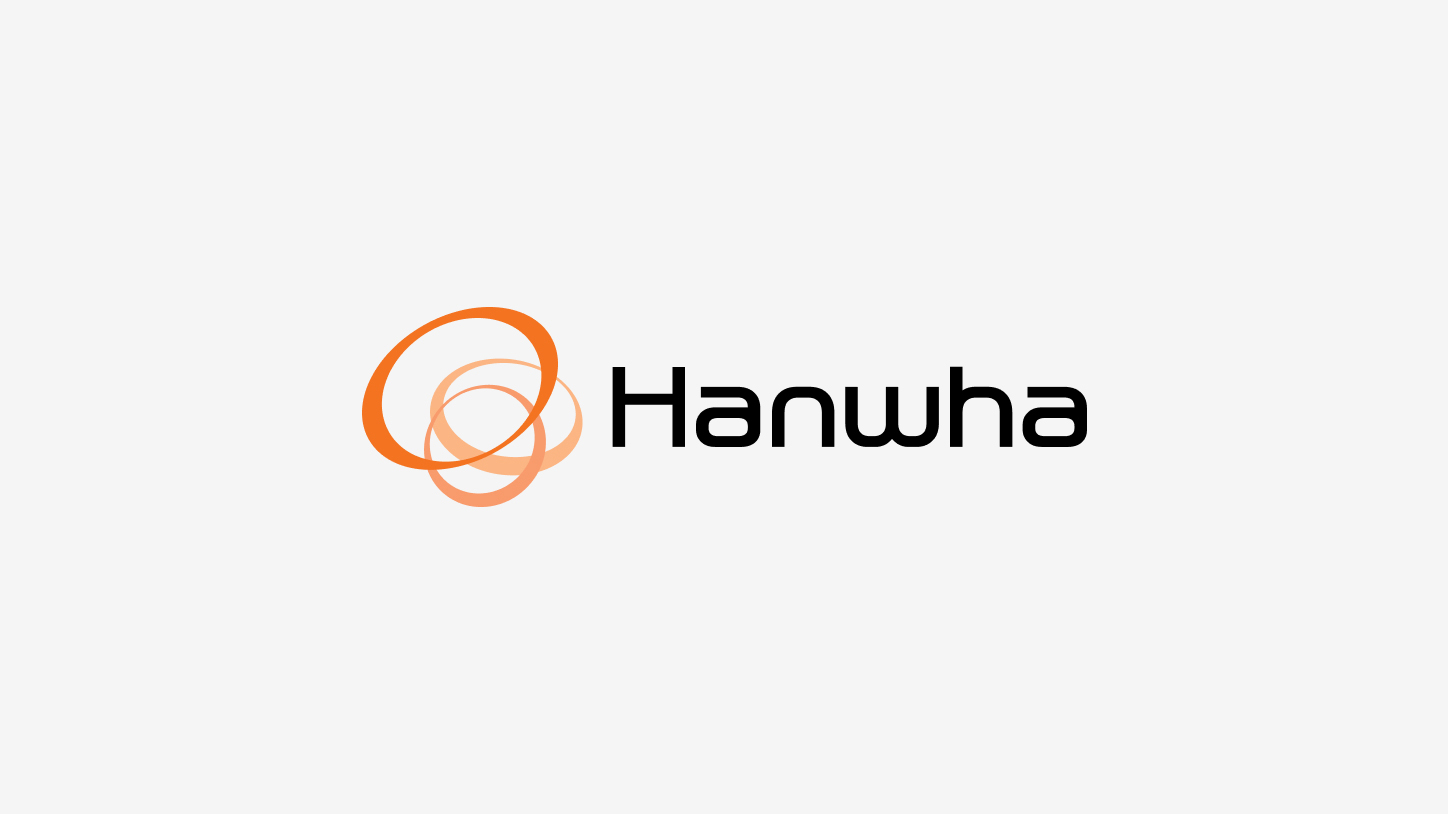
Get the latest news about Hanwha, right in your inbox.
Fields marked with * are mandatory.
- Non-employee
- Employee


